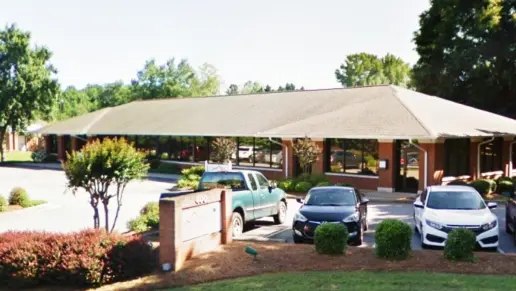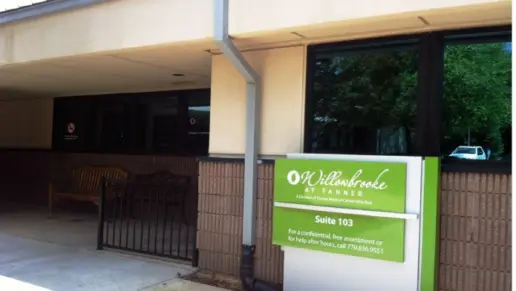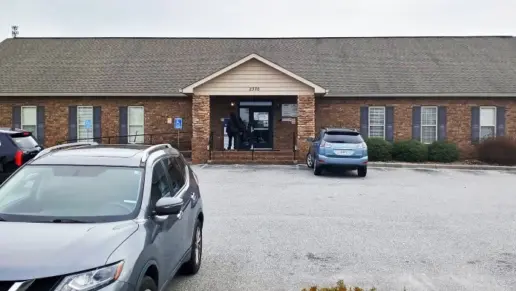Horrible place overall. Unqualified staff, inedible food and unsanitary conditions. Group therapy was a joke since all they did was say the same childish nonsense over and over again. None of the group "leaders" seemed to have any kind of psychological education or have any ...
About Riverwoods Behavioral Health System
Riverwoods Behavioral Health System is an addiction and mental health treatment facility based out of Riverdale, Georgia. The center treats patients of all ages throughout South Atlanta who are experiencing drug addiction, dual diagnosis disorders, alcoholism, ADHD, bipolar disorder, schizophrenia, PTSD, anxiety and self harming behaviors. The clinic accepts a wide range of insurance plans including Medicare. If you don’t have insurance, then the facility will work with you to create a payment plan based on your budget and needs.
The facility offers a large range of treatment options depending on each person’s individual needs. They provide detox services, partial hospitalization programming, intensive outpatient programming and aftercare planning.
Riverwoods also offers a wide range of therapy options. These are offered in individual and group session formats. Focus of therapy includes educational sessions, chemical dependency education, social skill focus classes, relapse prevention courses, anger management, illness education, peer pressure groups, coping skills sessions, medication classes, relaxation therapy, and spirituality groups.
One unique quality about Riverwoods is that they are open 24/7 and accept walk in patients without a referral. This type of fast and immediate help can be lifesaving in a crisis.
Facility Overview
Latest Reviews
Rehab Score
Gallery
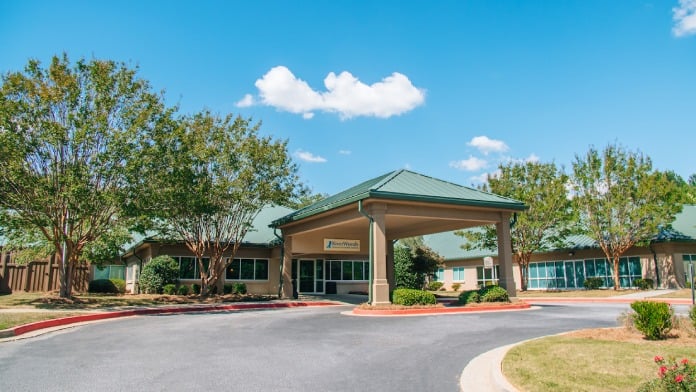
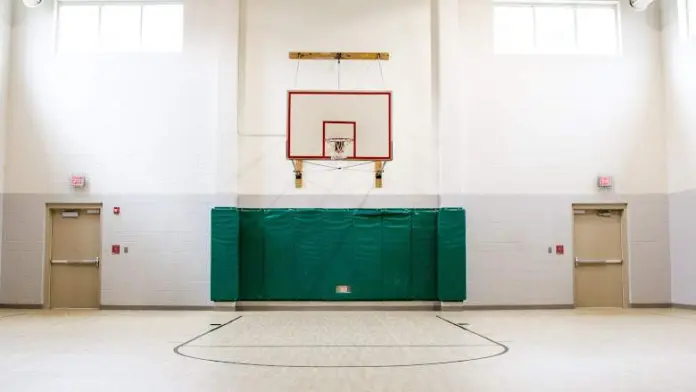
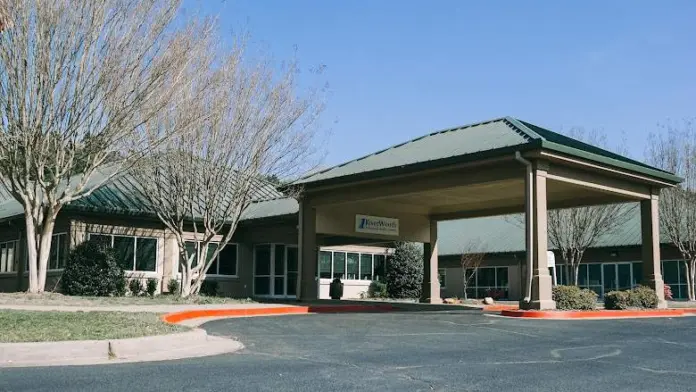
Location
Accepted Insurance




Other Forms of Payment
Self-pay involves paying for treatment out of your own pocket. You can use savings or credit, get a personal loan, or receive help from family and friends to fund your treatment. If you don't have insurance or your insurance plan doesn't cover a specific program, self-pay can help ensure you still get the care you need.
Private insurance refers to any kind of healthcare coverage that isn't from the state or federal government. This includes individual and family plans offered by an employer or purchased from the Insurance Marketplace. Every plan will have different requirements and out of pocket costs so be sure to get the full details before you start treatment.
Medicare is a federal program that provides health insurance for those 65 and older. It also serves people under 65 with chronic and disabling health challenges. To use Medicare for addiction treatment you need to find a program that accepts Medicare and is in network with your plan. Out of pocket costs and preauthorization requirements vary, so always check with your provider.
Medicaid is a state based program that helps lower-income individuals and families pay for healthcare. Medicaid covers addiction treatment so those enrolled can use their coverage to pay for rehab. When a program accepts Medicaid the client often pays very little or nothing out of their own pocket.
Military members, veterans, and eligible dependents have access to specific insurance programs that help them get the care they need. TRICARE and VA insurance can help you access low cost or no cost addiction and mental health treatment. Programs that accept military insurance often have targeted treatment focused on the unique challenges military members, veterans, and their families face.
Addiction Treatments
Levels of Care
Treatments
A combined mental health and substance abuse rehab has the staff and resources available to handle individuals with both mental health and substance abuse issues. It can be challenging to determine where a specific symptom stems from (a mental health issue or an issue related to substance abuse), so mental health and substance abuse professionals are helpful in detangling symptoms and keeping treatment on track.
Programs



Clinical Services
Cognitive-behavioral therapy (CBT) is a form of therapy that’s used to change the way you think about your life. Negative patterns of thinking, such as “I’ll never get better,” are challenged by the therapist so that you learn to think, “I’m working on my recovery one day at a time.” This allows for a more encouraging world view and more constructive ways of thinking.
Dialectical Behavior Therapy (DBT) is a modified form of Cognitive Behavioral Therapy (CBT), a treatment designed to help people understand and ultimately affect the relationship between their thoughts, feelings, and behaviors. DBT is often used for individuals who struggle with self-harm behaviors, such as self-mutilation (cutting) and suicidal thoughts, urges, or attempts. It has been proven clinically effective for those who struggle with out-of-control emotions and mental health illnesses like Borderline Personality Disorder.
Group therapy is so important to the recovery process as it allows you to connect with other people who are facing similar struggles so that you can all learn, grow, and heal together. Process groups are centered around a specific theme to help you to process your feelings about the problems you face. Educational groups are designed to provide you with more information about addiction, co-occurring disorders, and medications. Other groups focus on relapse prevention and stress management.
Individual therapy is a one-on-one therapy that’s often used to discuss the problems addiction has caused you and identify ways to solve these problems. It may explore the reasons behind your addiction and emotional pain and seek ways to better cope with the challenges in your life.
Motivational Interviewing (MI) is a clinical approach to helping people with substance abuse issues and other conditions shift behavior in positive ways. It is more goal-oriented than traditional psychotherapy, as MI counselors directly attempt to get clients to consider making behavioral change (rather than wait for them to come to conclusions themselves). Its primary purpose is to resolve ambivalence and help clients become able to make healthy choices freely.
They use family therapy sessions at their hospital to help your loved ones better understand your addiction and the treatment you’re going through. During family sessions, they explore family dynamics that may have led to the development of the addiction as well as allowing your family the time and space to discuss their own feelings about your addiction. They can also help family members locate community resources to allow them to continue to process their feelings and discover ways of coping with them.
Amenities
-
Private Transportation
-
Residential Setting
-
Private Rooms
Staff & Accreditations
Staff
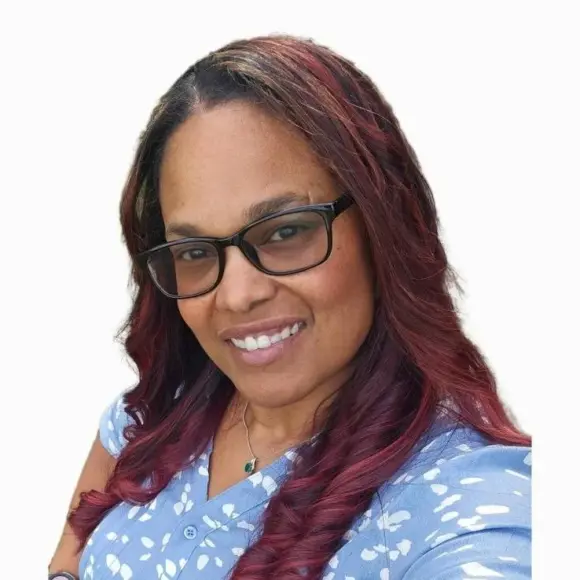
Chief Nursing Officer
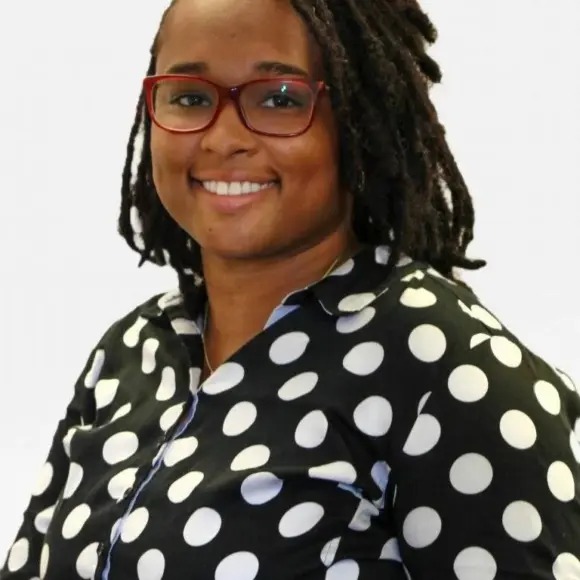
Director of Quality and Performance Improvement
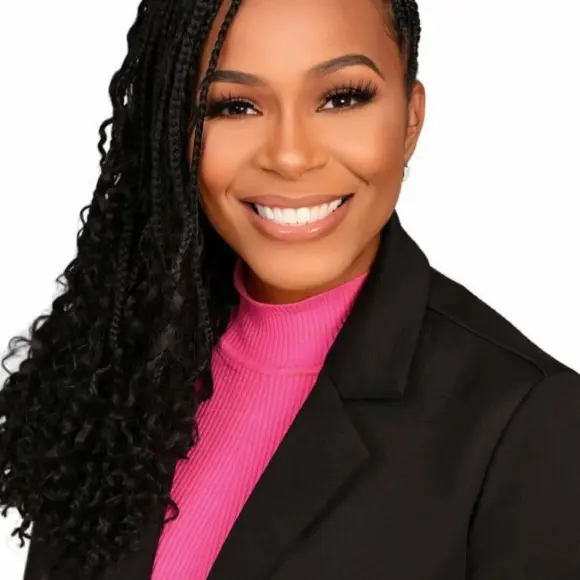
Director of Business Development
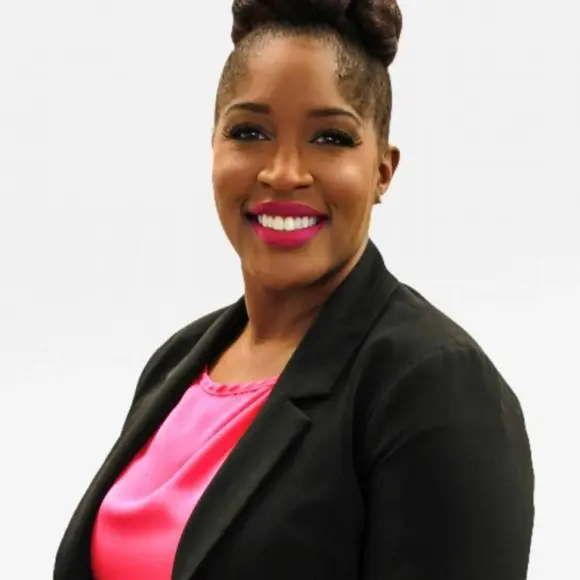
Director of Health Information Management
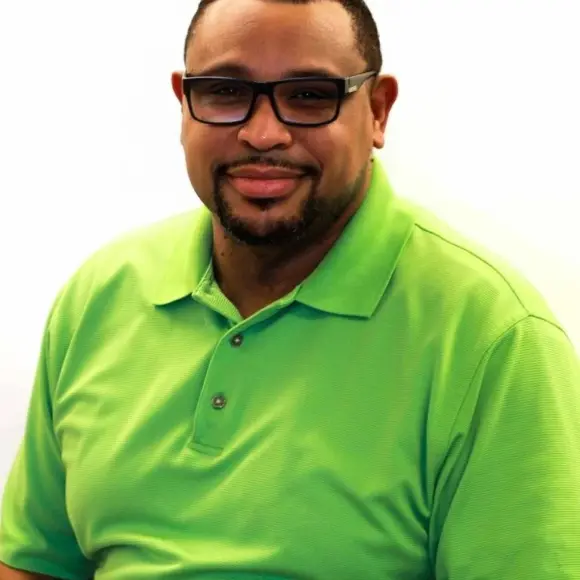
Director of Facility Operations
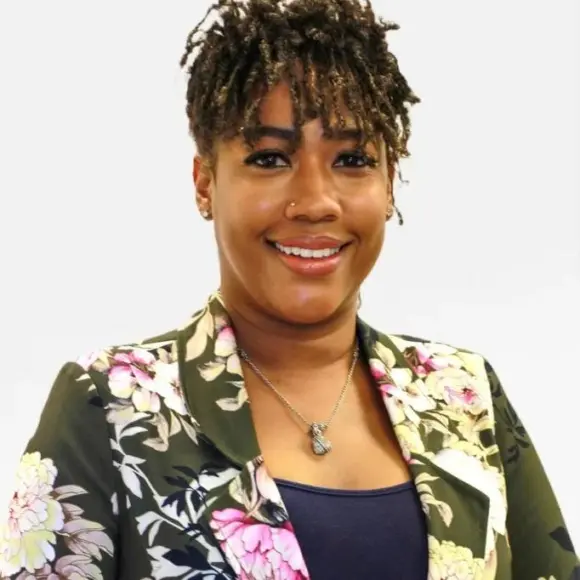
Director of Outpatient Services
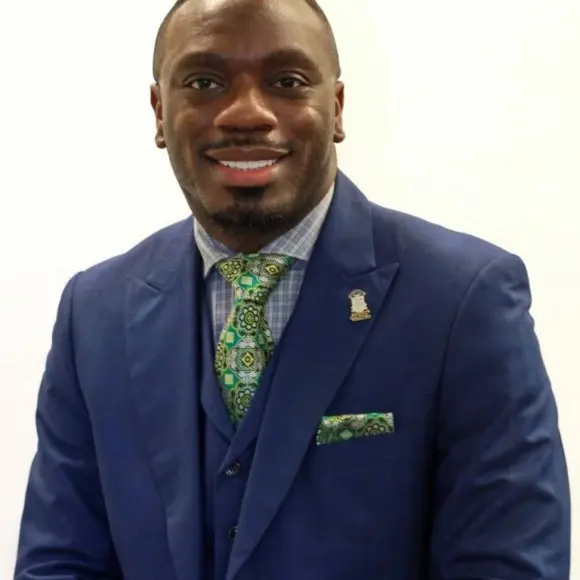
Director of Human Resources
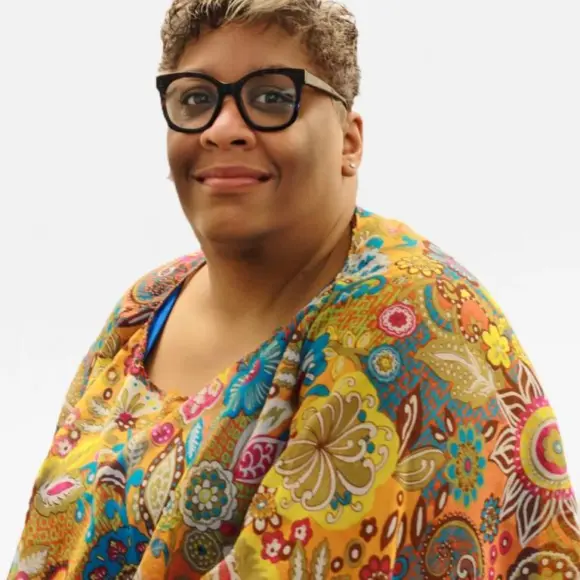
Director of Food and Nutritional Services
Accreditations

The Joint Commission, formerly known as JCAHO, is a nonprofit organization that accredits rehab organizations and programs. Founded in 1951, the Joint Commision's mission is to improve the quality of patient care and demonstrating the quality of patient care.
Joint Commission Accreditation: Yes
Accreditation Number: 472946
Contact Information
223 Medical Center Dr
Riverdale, GA 30274











